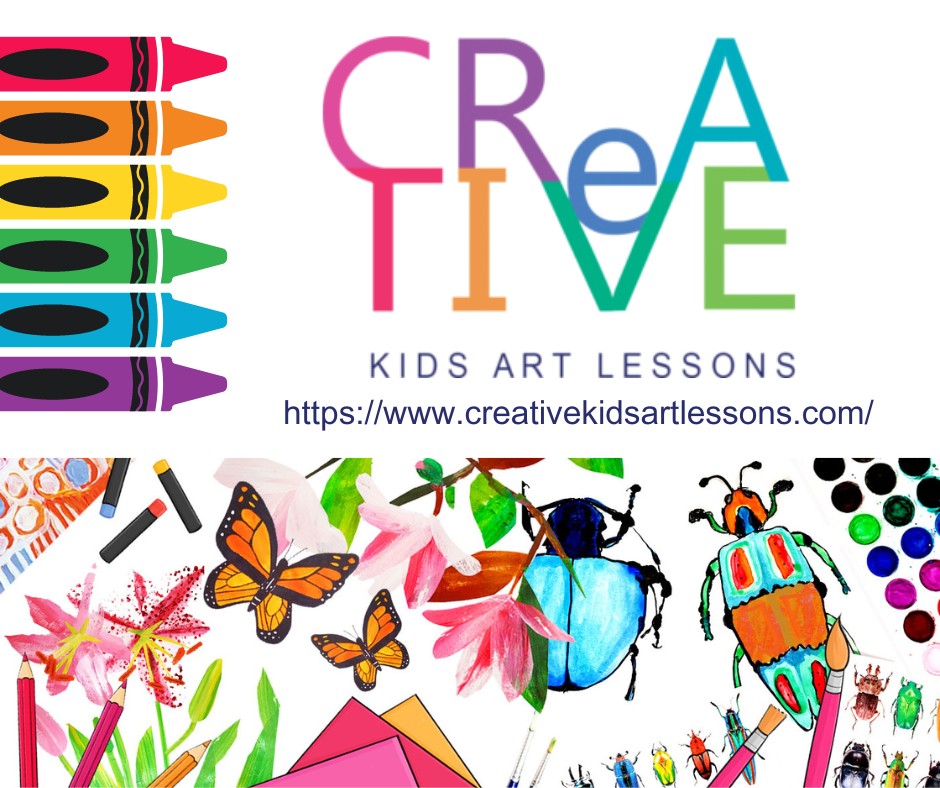"Art Classes for Kindergarteners: A Path to Creative Brilliance"
Art education plays a crucial role in the early development of children, especially during their kindergarten years. By engaging in art classes, kindergarteners can explore their creativity, develop essential motor skills, and enhance their emotional and social well-being. This article delves into the myriad benefits of art classes for young children, highlighting how these classes pave the way for creative brilliance.
The Importance of Art Education in Early Childhood
Art education is not just about creating beautiful works of art. For kindergarteners, it is a vital component of their overall development. Engaging in artistic activities helps children develop fine motor skills, hand-eye coordination, and spatial awareness. These skills are fundamental for academic success and everyday tasks.
Cognitive Development Through Art
Art classes stimulate cognitive development in young children. When children engage in artistic activities, they learn to observe, interpret, and make decisions. This process enhances their critical thinking and problem-solving skills. Moreover, art encourages children to think outside the box and develop innovative solutions to challenges they encounter.
Emotional Expression and Art
Art is a powerful medium for emotional expression. Kindergarteners often struggle to articulate their feelings verbally. Through art, they can express their emotions and experiences in a safe and supportive environment. This emotional release is crucial for mental health and emotional well-being. Art classes provide a platform for children to explore their feelings and develop emotional intelligence.
Enhancing Creativity and Imagination
One of the most significant benefits of art classes for kindergarteners is the enhancement of creativity and imagination. Children are naturally curious and imaginative. Art classes provide them with the tools and opportunities to explore their creativity freely.
Exploring Different Art Forms
Art classes introduce children to various art forms, such as drawing, painting, sculpture, and collage. Each medium offers unique possibilities for creative expression. By experimenting with different materials and techniques, children learn to appreciate the diversity of artistic expression.
Encouraging Originality and Innovation
In art classes, children are encouraged to create original works of art. This emphasis on originality fosters a sense of confidence and independence. Children learn that there are multiple ways to approach a problem and that their unique perspective is valuable. This mindset is essential for innovation and creativity in all areas of life.
Developing Fine Motor Skills
Fine motor skills are critical for academic success and everyday tasks. Art classes provide numerous opportunities for kindergarteners to develop and refine these skills.
Activities That Enhance Fine Motor Skills
Art activities such as drawing, painting, cutting, and sculpting require precise hand movements. These activities help strengthen the muscles in the hands and fingers, improving dexterity and coordination. Fine motor skills developed in art classes also benefit children in writing, typing, and other academic tasks.
Hand-Eye Coordination and Spatial Awareness
Engaging in art activities enhances hand-eye coordination and spatial awareness. Children learn to control their hand movements and understand the relationship between objects in space. These skills are essential for tasks such as writing, reading, and navigating the physical world.
Building Social Skills Through Art
Art classes provide an excellent platform for social interaction and collaboration. Working on group projects helps children develop essential social skills such as communication, cooperation, and empathy.
Collaborative Art Projects
Group art projects encourage children to work together towards a common goal. Through collaboration, children learn to share materials, negotiate ideas, and respect each other's contributions. These experiences are crucial for developing teamwork and interpersonal skills.
Giving and Receiving Feedback
Art classes also teach children how to give and receive constructive feedback. Learning to critique their own work and the work of others helps children develop critical thinking and self-reflection skills. Receiving feedback gracefully and using it to improve their work fosters a growth mindset and resilience.
Boosting Confidence and Self-Esteem
Creating art is a powerful way to boost a child's confidence and self-esteem. Completing an art project gives children a sense of accomplishment and pride in their work.
VISIT HERE:- https://www.creativekidsartles....sons.com/kindergarte
